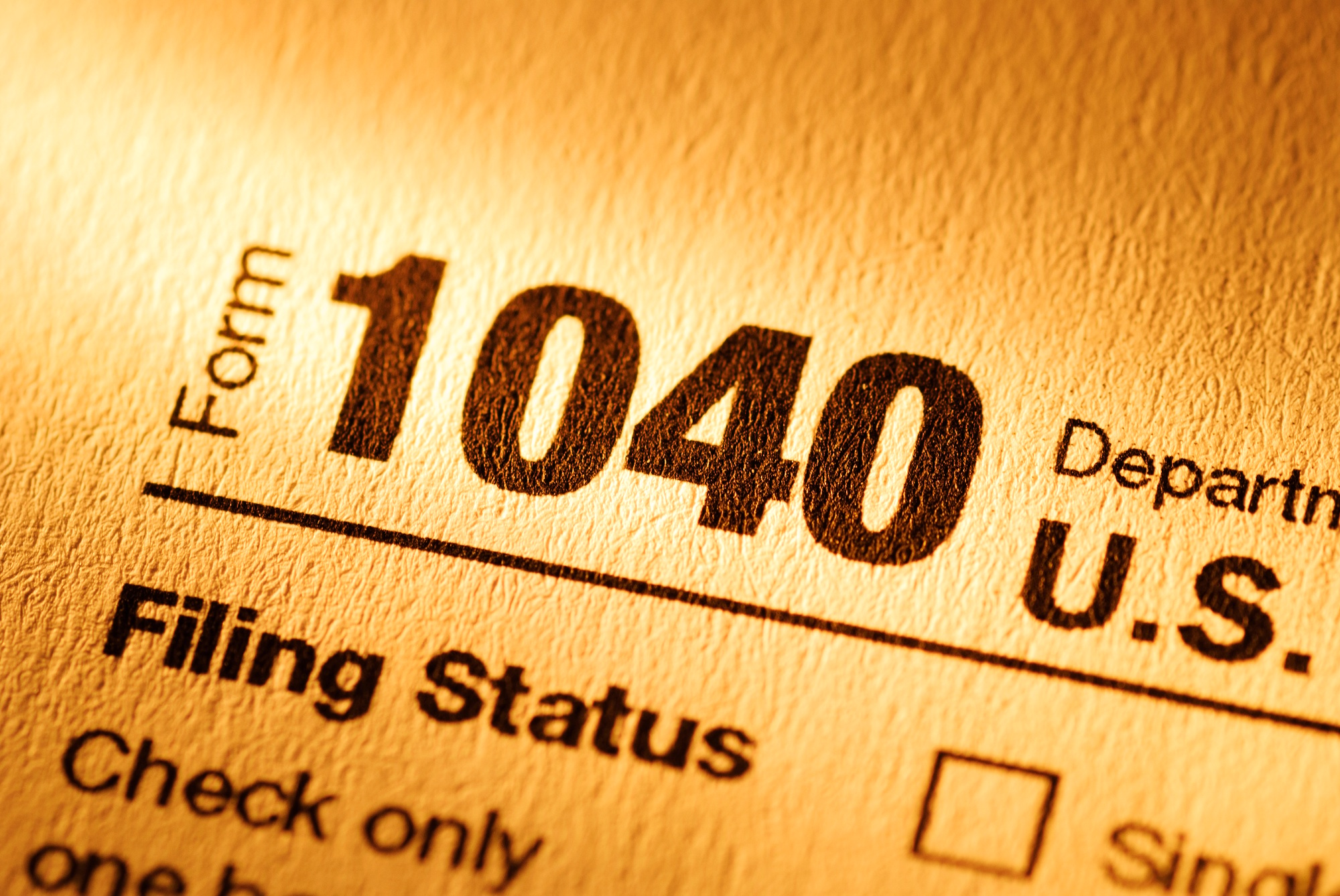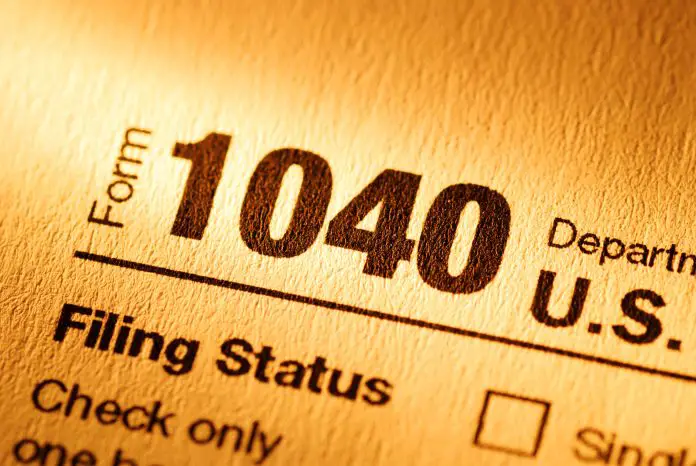Key Takeaways

- Understanding tax deadlines is crucial for avoiding penalties and ensuring compliance with IRS regulations.
- Missing deadlines can result in significant financial penalties, accrued interest, and potential audits, impacting your business reputation.
- Key dates to remember include April 15 for individual tax filings and March 15 for partnerships and S corporations.
- Extensions for filing can be requested using IRS Form 4868, ensuring you avoid penalties while remaining compliant.
- Utilizing technology and creating a tax calendar can greatly enhance organization and help meet deadlines effectively.
- Be aware of special circumstances that may affect your deadlines, such as natural disasters or financial hardships, which could grant additional filing time.
Tax season can feel overwhelming, but understanding the deadlines is crucial for staying on track. Whether you’re a seasoned filer or tackling your taxes for the first time, knowing when to submit your forms can save you from penalties and stress.
Each year, the IRS sets specific dates for filing your taxes, and missing these can lead to costly consequences. From individual returns to business filings, it’s important to mark your calendar and prepare ahead of time. In this article, you’ll discover key deadlines and tips to ensure you meet them with ease.
Understanding Deadline For Taxes

Deadlines for taxes play a crucial role in your small business operations. Understanding these dates ensures you stay compliant and avoid potential pitfalls during tax season.
Importance of Meeting Deadlines
Meeting tax deadlines helps maintain your business’s credibility. Timely submissions foster trust with the IRS and can prevent costly audits. Additionally, adhering to deadlines allows you to plan for tax payments effectively, avoiding unexpected financial strain. For small businesses, missing deadlines can disrupt cash flow, hampering your ability to apply for loans when needed.
Common Consequences of Missing Deadlines
Missing tax deadlines can lead to significant penalties. The IRS charges late filing fees, which can accumulate quickly. Furthermore, interest on unpaid taxes also accrues, increasing your overall liability. Beyond financial penalties, delays may trigger an audit, placing your business information under scrutiny. These consequences can negatively impact your business reputation and hinder potential loan opportunities.
Key Deadlines Throughout the Year

Understanding key tax deadlines helps you avoid penalties and maintain your small business’s credibility. Staying on top of these dates allows for smoother financial planning and fosters trust with the IRS.
Individual Tax Filing Deadlines
- January 15, 2025: Final deadline for fourth-quarter estimated tax payments for 2024, applicable to self-employed individuals and those facing insufficient tax withholding.
- January 27, 2025: The IRS accepts 2024 federal tax returns starting this date.
- January 31, 2025: Deadline to receive your W-2, 1099, and other tax forms essential for filing.
- April 15, 2025: Federal tax filing deadline (Tax Day) for individual filers. This date also marks the deadline to file Form 4868 for a six-month extension.
- May 1, 2025: For residents of states impacted by Hurricane Helene, the deadline gets extended.
- October 15, 2025: Final deadline to file your extended 2024 tax return if you requested an extension.
Business Tax Filing Deadlines
- March 15, 2025: Deadline for partnerships and S corporations to file their tax returns. This date also applies to the deadline for making 2024 contributions to retirement plans.
- April 15, 2025: Deadline for C corporations to file their income tax returns. Failure to meet this deadline may lead to penalties and interest.
- October 15, 2025: Deadline for C corporations to file extended tax returns if an extension was requested.
- Various dates: Depending on your business structure, estimated tax payments generally occur quarterly. Making timely payments ensures you avoid accumulating late fees and potential issues with loan applications in the future.
Meeting these deadlines is essential for your small business’s financial health. Staying organized allows you to plan effectively, ensuring you remain in good standing with the IRS and lenders.
Extensions and Exceptions

Understanding extensions and exceptions for tax filing is crucial for small businesses. You can face various circumstances that might affect your ability to meet deadlines, and knowing your options can help avoid penalties.
How to File for an Extension
You can request an automatic six-month extension to file your U.S. individual income tax return without a penalty. Here are two primary methods to do this:
- Electronic Payment: By paying all or part of your estimated tax due, you indicate that the payment is for an extension. This method doesn’t require submitting a separate extension form.
- E-filing Form 4868: You can file IRS Form 4868, Application for Automatic Extension of Time To File U.S. Individual Income Tax Return, electronically by the regular due date of April 15.
Taking these steps ensures your business avoids unnecessary stress and penalties associated with missed deadlines.
Special Circumstances Affecting Deadlines
Certain special circumstances might affect your filing deadlines. If you experience a natural disaster or significant financial hardship, the IRS may grant additional time for tax submissions. Specifically for small businesses, these exceptions can provide relief during challenging times. Moreover, if you’re abroad, you may qualify for an automatic two-month extension. You must indicate your current situation when filing for an extension to ensure compliance with IRS regulations.
Staying informed about these factors allows you to maintain good standing with the IRS and facilitates financial planning, which is essential for securing loans and managing your business effectively.
Tips for Staying Organized

Staying organized during tax season is crucial for small businesses. It helps you meet deadlines effectively and maintain good standing with the IRS, which supports your credibility and loan opportunities.
Creating a Tax Calendar
Creating a tax calendar is essential for managing your tax obligations. Mark key deadlines like April 15 for individual filings and March 15 for partnership and S-Corp filings. Include reminder notifications for estimated tax payments on September 15 and January 15, as failing to meet these dates can lead to penalties. Utilizing a visual format, such as a digital or printed calendar, aids in tracking upcoming requirements and ensures nothing gets overlooked.
Using Technology to Manage Deadlines
Using technology simplifies deadline management. Employ accounting software that offers tax reminders and integrates with your calendar. Applications like QuickBooks or Xero automate calculations and track expenses, ensuring you’re prepared on time. Consider cloud-based solutions for document storage, making important tax documents accessible anywhere. Leveraging these tools streamlines your process, allowing you to focus more on your business.
Conclusion

Staying on top of tax deadlines is vital for your financial health and business reputation. By understanding the key dates and utilizing effective organizational strategies, you can avoid penalties and ensure smooth operations. Remember to leverage technology to simplify the process and keep your documents in order. Whether you’re filing as an individual or managing a business, being proactive about your tax obligations will pay off in the long run. Make tax season less stressful by planning ahead and staying informed. Your future self will thank you.
Frequently Asked Questions

Why are tax deadlines important?
Meeting tax deadlines is crucial to avoid penalties, interest on unpaid taxes, and audits, which can negatively impact a business’s reputation. Understanding and adhering to these deadlines helps maintain a good standing with the IRS and facilitates effective financial planning.
What are the key tax deadlines for individuals?
Important tax deadlines for individuals include January 15, 2025, for fourth-quarter estimated payments and April 15, 2025, for the federal tax filing. Staying aware of these dates can help prevent costly penalties.
What are the tax deadlines for businesses?
For businesses, the key deadlines are March 15, 2025, for partnerships and S corporations, and April 15, 2025, for C corporations. Meeting these deadlines is vital for maintaining operational credibility.
How can I file for a tax extension?
You can file for a six-month extension using IRS Form 4868, either electronically or through an electronic payment. This allows for additional time to file, but not to pay any owed taxes.
What should I do if I miss a tax deadline?
If you miss a tax deadline, it’s essential to file as soon as possible to minimize penalties and interest. Contact the IRS or a tax professional for guidance on your specific situation.
What are the consequences of missing tax deadlines?
Missing tax deadlines can result in significant penalties, accumulating late fees, and interest on unpaid taxes. It can also lead to audits, jeopardizing your business’s credibility and loan opportunities.
How can I stay organized during tax season?
Creating a tax calendar to track key deadlines and setting reminders can help you stay organized. Using accounting software like QuickBooks or Xero can also streamline the process by automating reminders and calculations.
Are there exceptions to tax deadlines?
Yes, exceptions can apply in certain situations, such as natural disasters or personal financial hardships. Taxpayers outside the U.S. may also receive an automatic two-month extension. Understanding these options is vital for effective tax planning.
Image Via Envato: rawf8, Mehaniq41, MargJohnsonVA, seventyfourimages, sergign, Shandor_gor, FamilyStock



